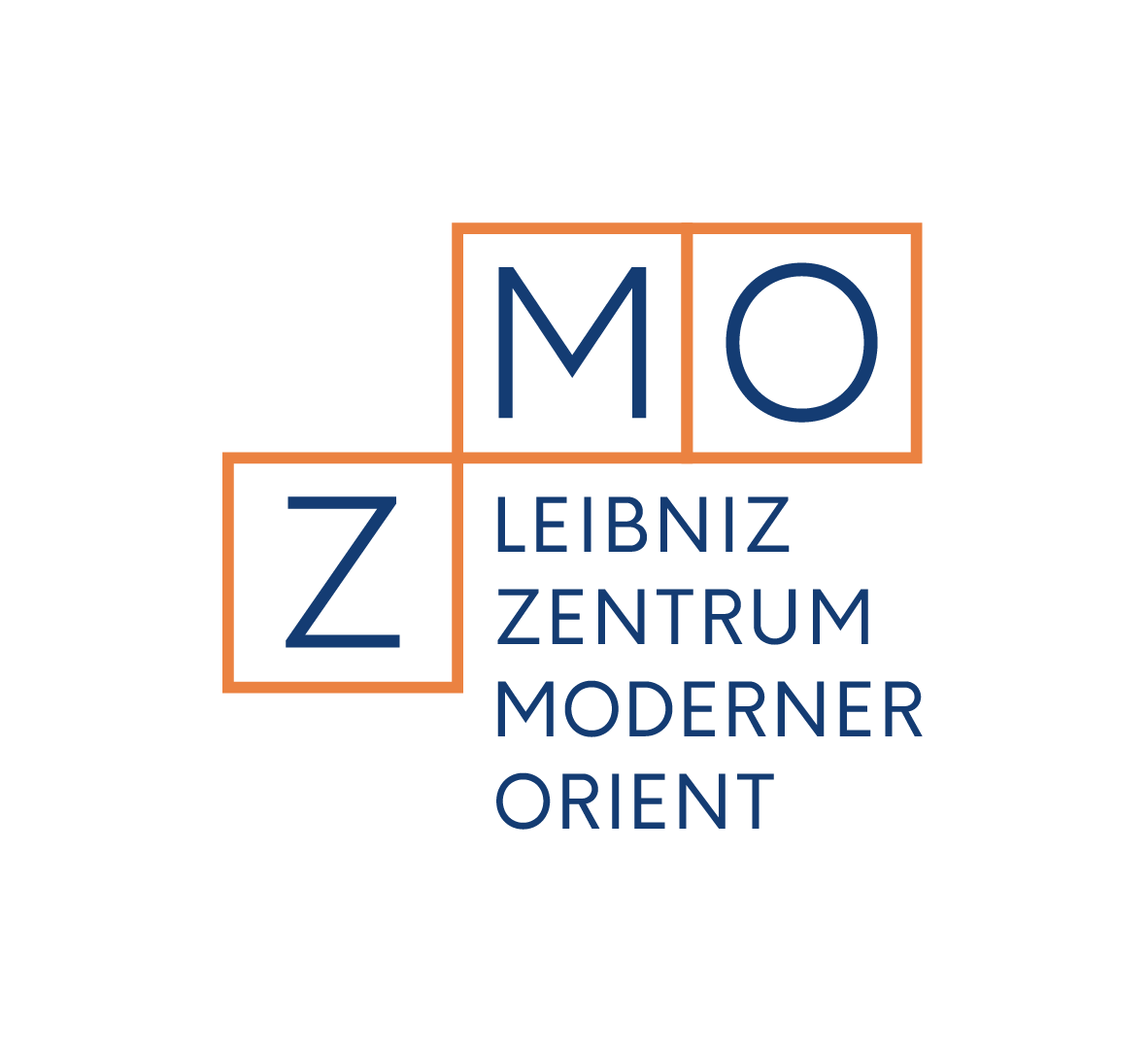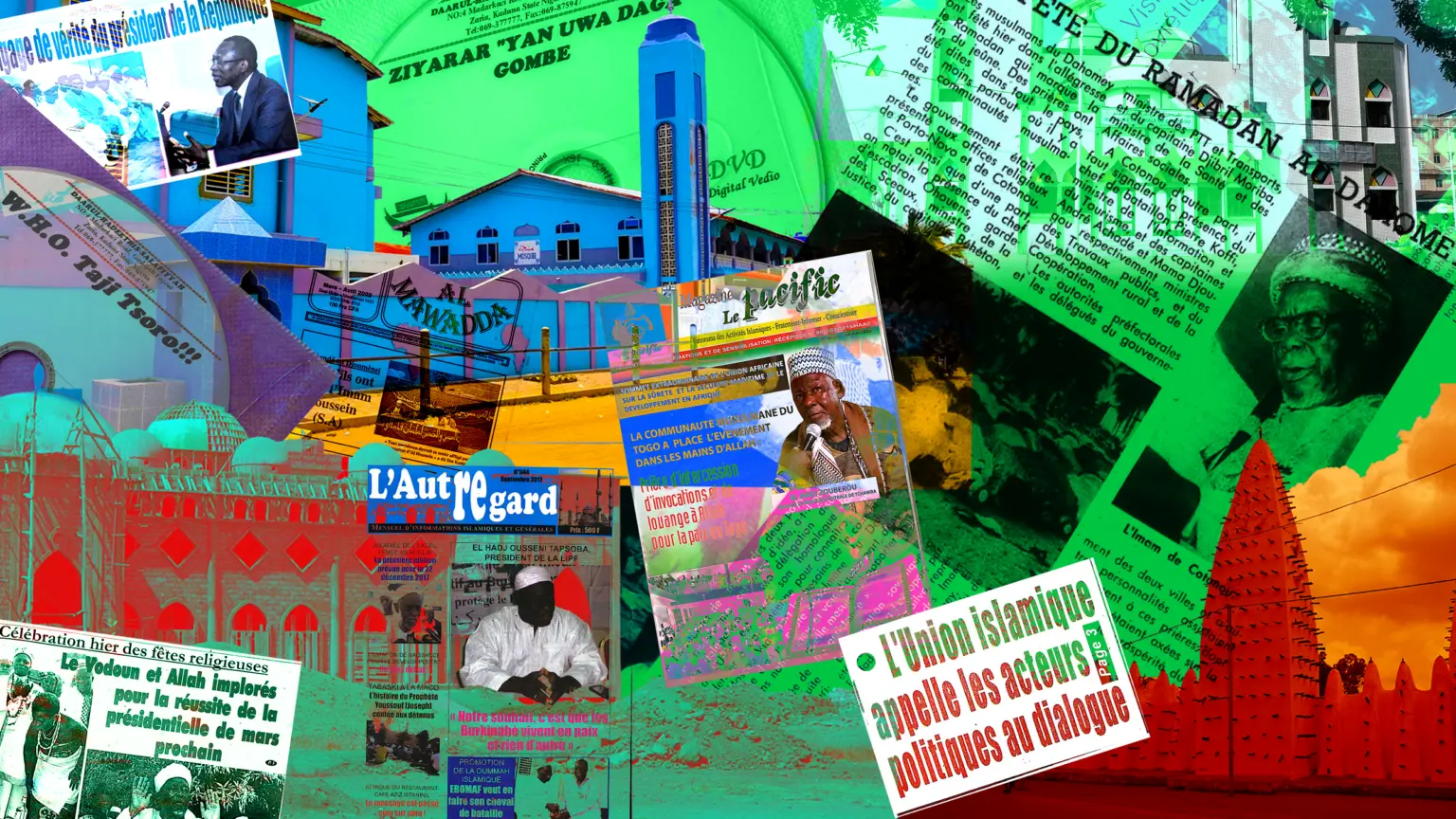Languages
Almost all the documents in the database are in French, with less than 1% of the documents in Hausa, Arabic, or Dendi. As a result, the corpus offers more from the perspective of Francophone, Western-educated Muslims than that of Arabisants and non-French speakers. In the countries covered by the database, influential Muslim leaders trained in madrasas and Islamic universities use Arabic or national languages such as Mooré, Malinké, Mina, Yoruba, or Hausa to reach large non-French-speaking audiences.
Future developments
To mitigate the Francophone bias, the database will include oral testimonies in national languages in audio format from local scholars, imams, and prominent Muslim figures in major Islamic centres in Côte d'Ivoire (Bouaké, Korhogo, Kong, Odienné), Benin (Porto-Novo, Djougou, Malanville, Parakou), and Togo (Sokodé, Tchamba, Bafilo, Mango). Interviews will be conducted on the broader history and the development of Islam in these areas. The transcription, in both French and national languages, will be made available on the website to help bridge "Europhone" and "non-Europhone" knowledge about Islam (Kane 2021). The addition of oral histories in national languages will help ensure that the Collection offers a more diverse portrait of Islam and Muslims in these countries.

